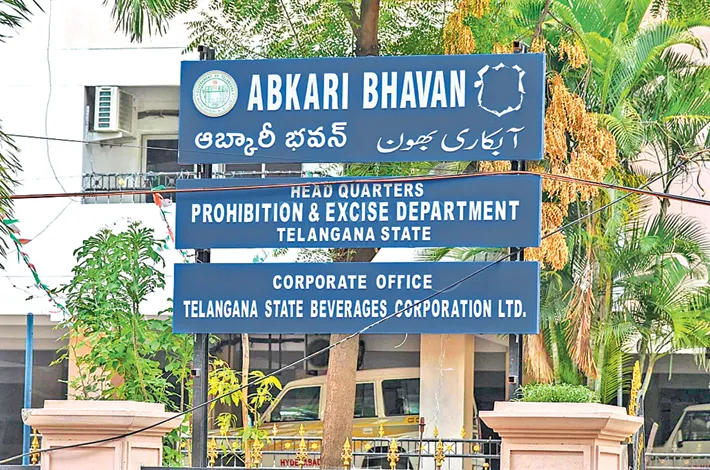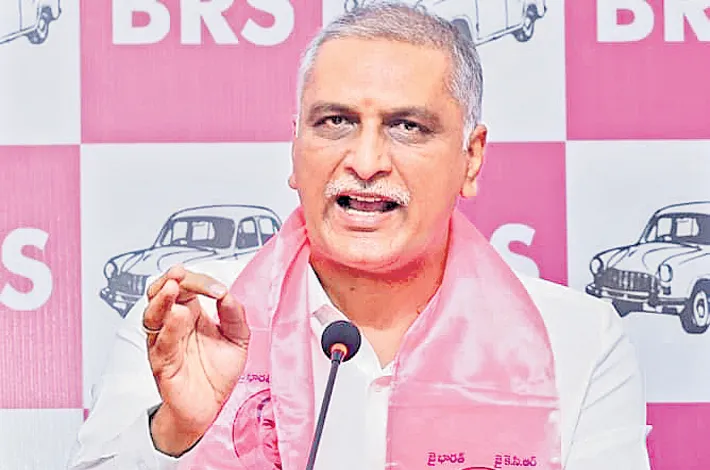Revenue-rich Excise Department faces administrative neglect
18-11-2025 12:00:00 AM

metro india news I hyderabad
Telangana’s Excise Department, one of the state’s major revenue-earning wings, is facing serious administrative neglect and operational challenges, leaving employees demoralized and critical functions hampered. Despite being a key contributor to the state’s finances, the department has seen little progress in transfers, promotions, infrastructure modernization, and staffing, prompting growing frustration among its workforce.
Transfers and promotions, which form the backbone of employee morale and departmental efficiency, have largely stalled. No regular transfers for cadre officers have taken place since 2017. While a few transfers were carried out ahead of the 2024 parliamentary elections, these were partial and did not resolve the backlog. Promotions have also been severely delayed. Panel years have not been maintained properly since 2014, seniority lists are inaccurate, and files requiring the Chief Minister’s approval for Departmental Promotion Committees have remained pending for months. Employees have repeatedly demanded that transfers and promotions take place at least once every two years, but the government has not responded.
Infrastructure deficiencies further exacerbate the problem. Telangana has 139 excise stations, but nearly 70 percent operate from rented buildings. Plans to establish 14 additional stations remain unimplemented. Field offices have not been modernized, forcing staff to work in substandard conditions. Employees report that senior officials routinely cite budget constraints as a reason for the lack of facilities, leaving stations poorly equipped despite their critical revenue role.
Laboratories for scientific and narcotics testing are also under-equipped. Only three labs serve the state’s 33 districts, relying on outdated equipment and minimal technical staff. These labs can handle examinations for traditional excise items such as toddy and other local liquors, but modern synthetic drugs—including methamphetamine, MDMA, heroin, hashish oil, cocaine, and LSD—require advanced analysis. Consequently, samples often have to be sent to police forensic labs, slowing investigations and enforcement. Employees say that with upgraded labs and equipment, the department could handle drug testing internally and produce faster results.
Checkposts, essential for curbing illicit liquor and drug trafficking, are facing neglect as well. Telangana has 22 excise checkposts, many functioning from temporary structures, including containers, with poorly trained staff and inadequate facilities. Employees report that budget limitations are routinely cited by senior officials, leaving these critical points under-resourced despite their importance in controlling illegal trade.
Following the formation of Telangana, the Excise Department was restructured to remove unnecessary posts and increase positions at the field level. However, these reforms have mostly been implemented at higher levels since 2020, leaving field staff without adequate support.
Employees argue that while the department is expected to generate revenue efficiently, it is not being provided with the infrastructure, resources, or administrative attention necessary to perform effectively. Without urgent reforms in promotions, transfers, labs, stations, and checkposts, the Excise Department risks continued inefficiency, low employee morale, and compromised performance, despite its pivotal role in state finances.








